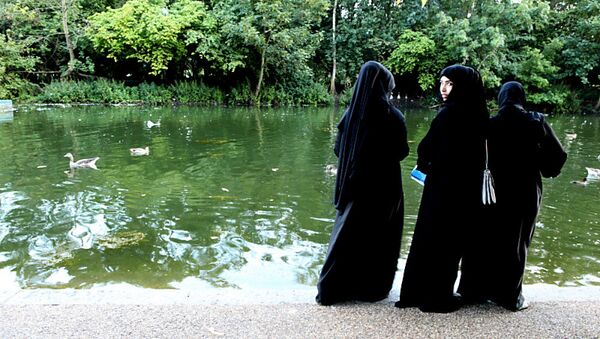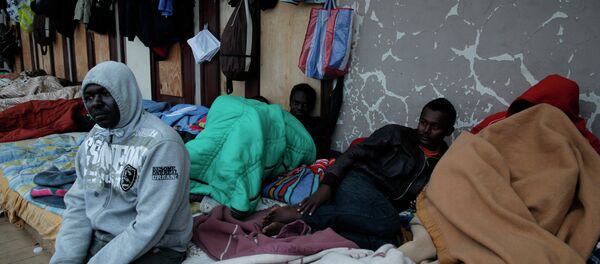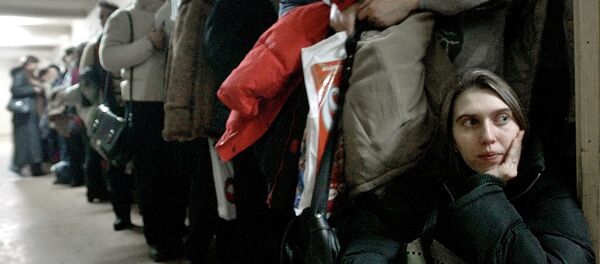MOSCOW, December 2 (Sputnik) — More than 50 mln GBP of UK taxpayers’ money were attributed to EU students, who had never undertaken a proper academic study by the ‘alternative higher education providers’, the National Audit Office (NAO), the United Kingdom’s non-aligned parliamentary watchdog, has revealed in a study released today.
The NAO has completed its investigation into the sector of cutting-edge educational institutions, so-called ‘alternative providers’, designed to commercialize higher education. The NAO report, published Tuesday, has shown that extensive access by these institutions to subsidies from public funds has led to a wider misuse of public money, as numerous foreign students, granted funding to cover tuition, never showed up at university. Most of these students come from EU member states like Romania and Bulgaria.
Latest NAO report: Investigation into financial support for students at alternative higher education providers http://t.co/4ZNyuvFH8q
— NationalAuditOffice (@NAOorguk) 2 декабря 2014
Margaret Hodge of the House of Commons’ auditing committee spoke critically of the 2012 education reform in the light of the NAO news. The UK government, she said, “went ahead with its reforms to expand the role of private colleges without ensuring there were controls in place. This extraordinary rate of expansion, high dropout rates, and warnings from within the sector ought to have set alarm bells ringing,” Hodge concluded as quoted by the Guardian.
The NAO also discovered that seven ‘alternative providers’ enrolled student for courses, unapproved for student support in 2012-2014, which led to the suspension of their access to public funds. However, there was also insufficient clarity on which courses were approved for student support. Two private-sector institutions, namely London School of Business and Finance, and London School of Science and Technology, have incurred a five times higher average expulsion rate due to excessive enrolment of foreign students. The study found that about 1,000 of the would-be students from Romania and Bulgaria had already obtained 5.4 mln GBP in student loans, most of which (93%) are yet to be collected.
In a response to the published study, the Department for Business, Innovation and Skills (BIS) said that the sector of ‘alternative providers’ would receive more regulation and supervision in order to ensure the proper management of the government-provided funding. This means more bureaucratic regulation, which will inevitably cause an increase in public expenses. It is yet to determine which is better of the two evils – an 11.8% misuse of public money to indirectly support intra-EU migration, or an unidentified increase in UK fiscal pressure caused by a bloated and ever-growing regulating apparatus.




